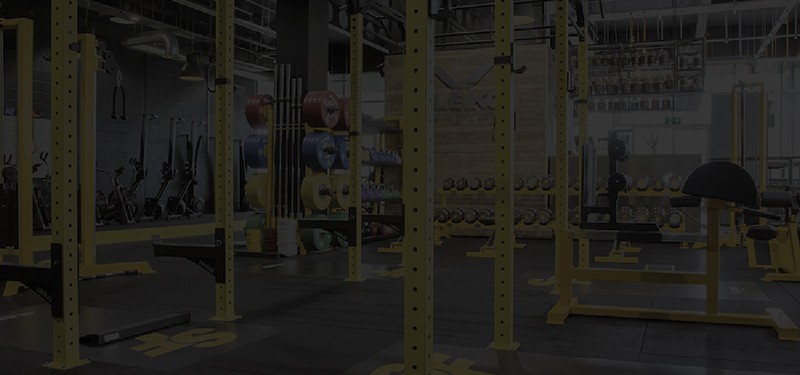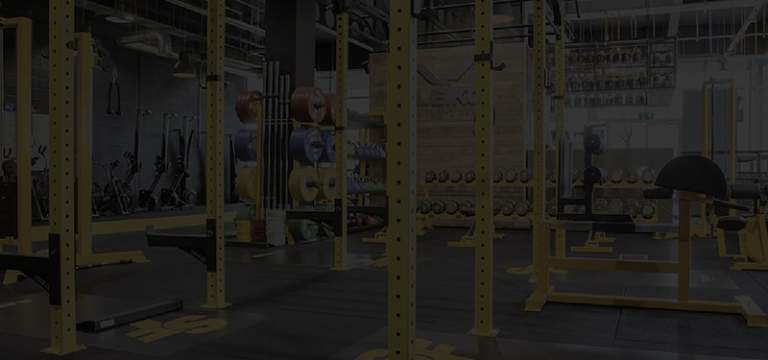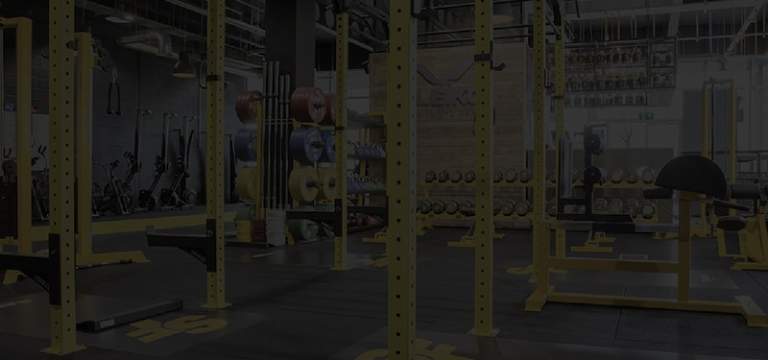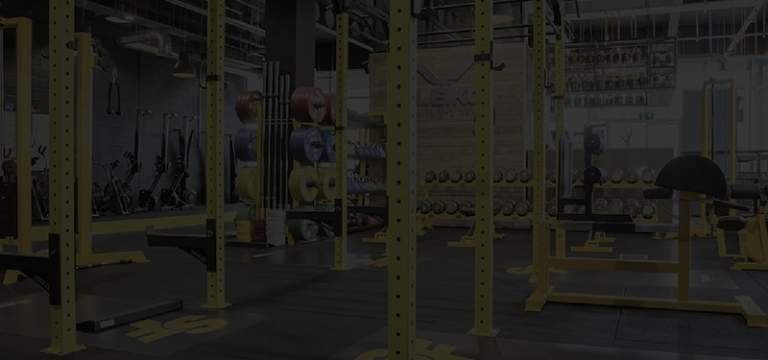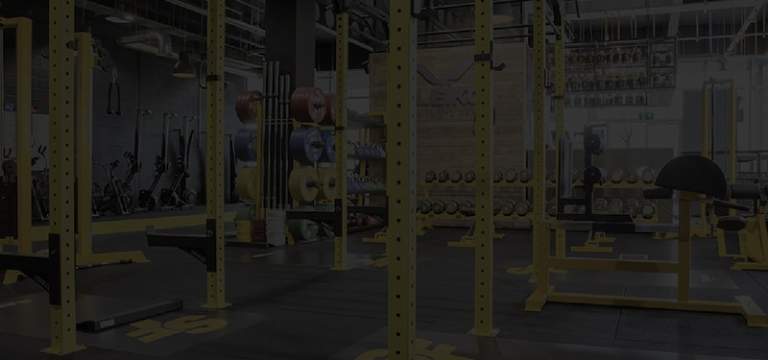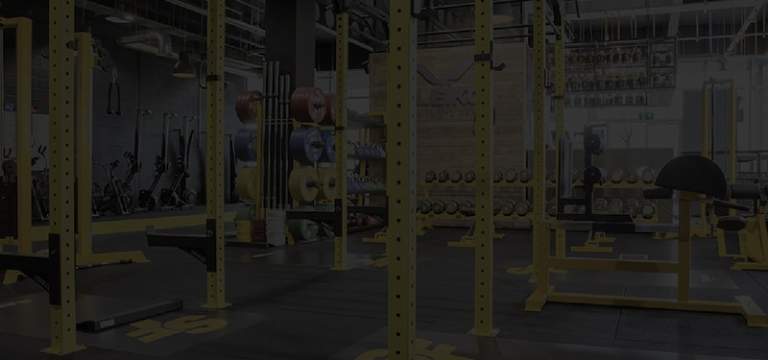After working in the fitness industry for more almost 30-years and having spent a lot of that time training for and competing in a variety of sports, I reckon I have learnt a few things about exercise and nutrition worth passing on. Some of the things I have learnt have come from research – I love reading about training methods both new and old and have an extensive collection of exercise and nutrition books – and some of it has come from observation but the majority has come from self experimentation.
You see, whenever I learn about a new exercise, training system or dietary approach, I always try in out on myself before I recommend it to anyone else. Like a chef always tastes the food he makes before serving I always test out my recommendations before passing them on. That way, I am confident I only pass on useful, accurate and effective information to my personal training clients and my readers.
So, to that end, I’d like to share my top five fitness truths with you…
Truth One – You cannot out exercise a bad diet
The food you eat is arguably the most important factor in determining your fitness and health. Everything you eat becomes part of you and if you eat lots of junk food, that is ultimately what your body will become – junk. Exercise helps but as food is your fuel and if you don’t eat properly just about every function of your body will be compromised – from your energy levels to the quality of your sleep to your digestive health to how well you are able to recover from exercise.
You may well be able to exercise enough that you don’t gain weight while eating a junk-food laden diet but only for as long as you continue to work out. As soon as exercise is removed from the equation, weight gain is inevitable. Exercise and diet should, no MUST, go hand in hand for optimal results.
Truth Two – Strength conquers all
Cardiovascular fitness is important for cardiovascular health but unless you are a competitive endurance athlete, you don’t need to do three to five hours of cardio a week – it’s just overkill. People who are not competitive endurance athletes but still do lots and lots of cardio are usually doing so to control their weight – I’ve covered this in truth number one. Cardio is important but it is not the be all and end all of fitness that many people believe. It is strength, or the lack of it, that will determine how long you can live an active and independent life. It won’t be poor cardiovascular fitness that stops you getting up out of a chair or causes a fall that results in a broken hip but lack of basic muscular strength. Cardio IS important for health but strength is VITAL for longevity and quality of life.
Three – There is always time for exercise
I don’t care if you are the President of the United States or a full-time mum, saying that you have no time to exercise is the same as when kids say that their dog ate their homework! Lack of time is not a valid excuse for not exercising – the average Briton spends
nine years
of their life watching TV which equates to around four hours per day so a little less TV means there is plenty of time for exercise. There are 168 hours in a week and, to develop a reasonable level of fitness and strength, you only need to commit around three to exercise – that’s 1.79-percent of your week. If you feel you need to do more than that to control your weight you are eating too damn much! Eat a little less and you really don’t need to do a huge volume exercise to be fit and healthy. Three 20-minute cardio sessions per week plus some basic, compound strength training is all you need to be fit and healthy. Yes, you can do more but the additional time will not necessarily produce much better results – it’s a matter of diminishing returns.
Four – Consistency is the key
The best diet or workout is nothing but hot air if you cannot stick to it. By stick to it I mean do it indefinitely. The old adage “you can’t store fitness” is 100-percent true and even after years of exercise, a couple of weeks of inactivity will see your hard won fitness and strength beginning to dwindle. Any exercise or dietary intervention MUST be sustainable if you are going to get any benefit from it. I’m often asked what will I do when I give up exercising. The answer is – I’m going to do my utmost to keep on working out for as long as I possibly can. I don’t want to get weak or fat or unfit so, for me, exercise is part of my weekly routine. It has been since I was a young man and will be until I am older and greyer than I am now. My training objectives may change as I age but that’s inevitable. The constant will be that I try to maintain strength and mobility along with cardiovascular health. Bottom line – don’t fall for get fit quick scams or fad diets – find something you enjoy and stick with it; not just for weeks or months but for the foreseeable future.
Five – Train for performance and your appearance will improve
Lots of people train specifically to improve the way they look; be the goal bigger muscles, a more toned appearance or a six-pack. For most, this is a huge mistake. The key to improving aesthetics is improving performance – if you ARE fit and strong, you will LOOK fit and strong. I see far too many people banging out endless sets of crunches and biceps curls, side leg lifts and triceps kick backs in an effort to sculpt and shape their muscles when a more generalised, athletic approach to exercise will give them the results they desire in much less time. In architecture, there is a saying that underpins virtually every building, bridge or structure ever designed – form follows function. If you want to look like an athlete then that’s how you should train.
So, stop wasting your valuable training time following exercise programs that simply do not work. Embrace these five truths and you’ll soon be on your way to looking good and feeling great!

